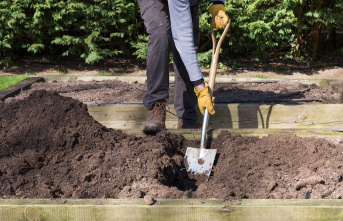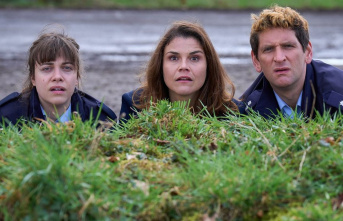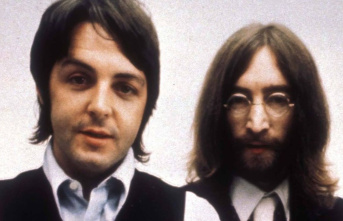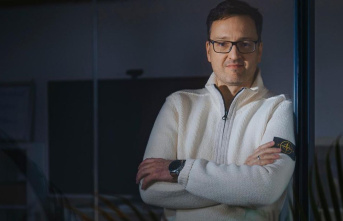Take a coffee in the morning, during a break at the office or after the meal, it is a reflex for many people, did not see, however, in general, a gesture intended to take care of their body. If the health benefits of regular coffee consumption have long been subject to debate, two new studies scopes are there to reinforce the defenders of the beverage. The first of these studies was conducted in ten european countries, including France, and the second in the United States.
Since this is observational studies, they do not prove, however, not the relation of cause and effect, warn the researchers, as well as independent experts. The results of the two studies, corrected for risk factors such as smoking, published Monday in the american medical journal Annals of Internal Medicine.
The consumers about three cups of coffee per day, including decaf, seem to enjoy a longer life expectancy than those who did not drink, according to the european study analyzing data from 520 000 men and women over 35 years of age, followed by the european Investigation into cancer and nutrition (Epic) for 16 years.
2.25 billion cups of coffee drunk every day in the world
"We found that greater coffee consumption was associated with a decreased risk of all-cause mortality, especially diseases of the circulatory system and the digestive system," explains Marc Gunter of the international Agency for research on cancer and one of the main authors of this study. This work is the most extensive ever carried out in Europe on the effects on the health and longevity of the coffee, the drink most drunk in the world, with about 2.25 billion cups absorbed on a daily basis.
" These results were similar in the ten european countries with consumption habits and different cultures ", said Marc Gunter. The study also offers important insights on possible mechanisms explaining the beneficial effects of coffee ", excluding the caffeine. Coffee is rich in antioxidants which play an important role in cancer prevention, point out the researchers.
similar results with deca
The second study was conducted in the United States on more than 185,000 adults of all backgrounds, aged 45 to 75 years over an average period of sixteen years. The authors found a link between greater coffee intake and a lower risk of mortality resulting from diseases of the cardio-vascular, respiratory, renal, cancers, and diabetes. More specifically, those who drank one cup of coffee per day had 12 % less risk of dying during the study period than those not drinking not, a level that has reached 18 % for those consuming three cups.
As in the european study, the effects were similar with decaffeinated coffee. "You can't tell the public to drink coffee to extend your life, but we can see there a link ", says Veronica Setiawan, a professor of preventive medicine at the university of Southern California and the lead author of this work. Approximately 75 % of adults in the United States drink coffee, with 50% on a daily basis.
No link of cause and effect, but an effect "protector"
Marc Gunter, the european study, however, is a little more nuanced : "given that it is observational studies – which does not prove the link of cause and effect, we cannot at this stage recommend that you drink more or less coffee ", he explains. But " our results suggest that a moderate consumption, up to three cups per day, can have beneficial effects for health ", adds the researcher. An analysis of bio-metabolic markers of a sub-group of 14 000 participants of the european study indicates that coffee drinkers have a liver more healthy.
To professor Elio Riboli, head of the faculty of public health, Imperial College London, who was involved in these jobs, " the results of the european study reinforce the growing number of evidence suggesting that coffee is not only without risk, but can have protective effects ". "Although more studies are needed, we can say that the results from this large european study confirm the findings of previous research in the world," judge he.
The world health Organization (WHO) ceased in 2016 to classify the coffee as a carcinogen, linked to bladder cancer, believing that this beverage reduces the risk of a uterine tumor, and the liver.
Consult our folder : Everything you need to know about coffee
Date Of Update: 09 June 2020, 14:33










